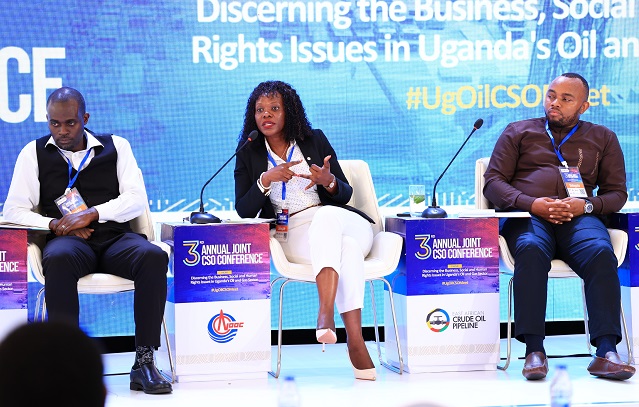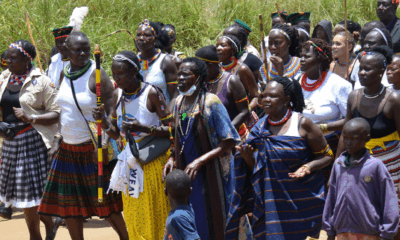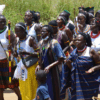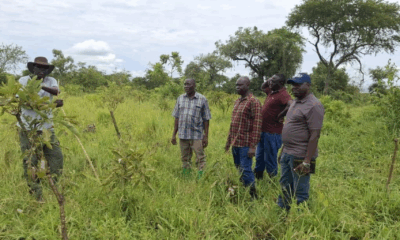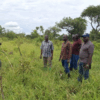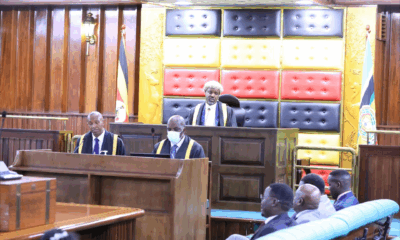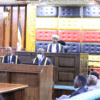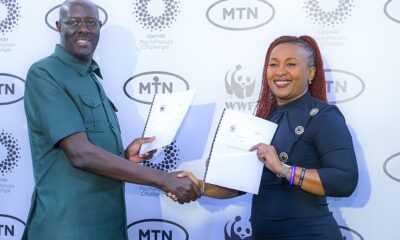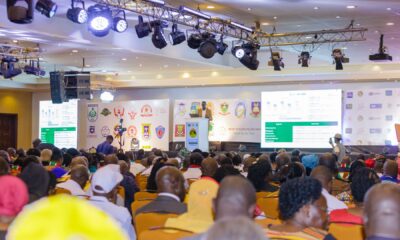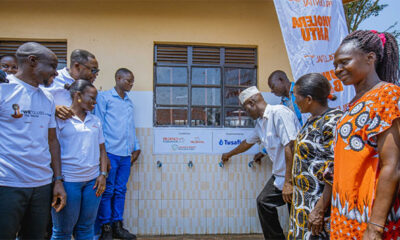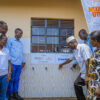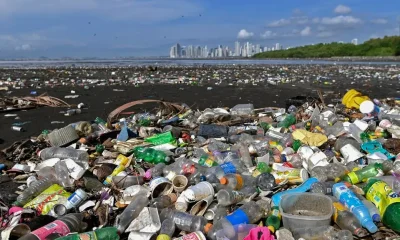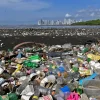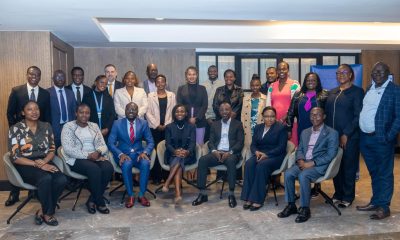Climate Change
EACOP Reaffirms Commitment to Human Rights Amid Fresh Protests
As new waves of protests and community grievances continue to emerge around Uganda’s oil and gas developments, the East African Crude Oil Pipeline (EACOP) Ltd has reiterated its commitment to human rights and open engagement with civil society and affected communities.
The assurance came during the recently concluded Civil Society Organisation (CSO) Conference on Oil and Gas, hosted by the Petroleum Authority of Uganda (PAU). The annual forum, themed “Discerning the Business, Social, and Human Rights Issues in Uganda’s Oil and Gas Sector,” brought together key stakeholders to promote best practices in responsible business conduct and human rights.
Speaking on a panel at the event, Barbara Nakayenze, EACOP’s Human Rights Coordinator, emphasised that the company is moving beyond policy commitments to implement tangible, measurable actions in line with the UN Guiding Principles on Business and Human Rights (UNGPs).
“We moved from principle to practice, and from intent to measurable, responsible action,” Nakayenze said, citing the company’s 2018 Human Rights Impact Assessment (HRIA) and the subsequent Human Rights Due Diligence (HRDD) framework that identified nine key human rights issues along the pipeline corridor.
Priority areas highlighted include women’s rights, marine livelihoods, and the rights of contractor and supplier workers. Nakayenze also pointed to grievance mechanisms and access to information as cross-cutting concerns being addressed through institutional reforms.
A major theme of her remarks was transparency. She noted that the HRDD report is publicly available on the EACOP website and urged civil society to utilise this resource more proactively.
“Every year we come to this forum and say the same thing: the report is available. Yet very few people seem to have read it,” she said, referencing the gap between stakeholder engagement at forums and awareness of the report’s contents.
In efforts to ensure inclusivity, EACOP has introduced multiple grievance platforms: one for community members, another for workers, and a whistleblowing tool—NAVICS—that allows for anonymous reporting. Nakayenze also encouraged the use of independent channels such as the Uganda Human Rights Commission and Tanzania’s Commission for Human Rights and Good Governance for those hesitant to engage EACOP directly.
“We understand that some civil society groups or individuals may not want to speak directly to us. That’s why we support alternative avenues for accountability,” she added.
Nakayenze also acknowledged the role of human rights defenders and youth voices, stating that both local and international protests and petitions are taken seriously. She revealed that EACOP teams have, in some instances, met with protestors on-site to receive petitions and hold constructive dialogues.
“We’re not perfect,” she said. “But mistakes show that we are making progress. We’re open to new ways of engagement—please propose them.”
While her comments were welcomed by some participants, others expressed concern about the effectiveness of existing grievance channels and the accessibility of information to rural communities directly affected by the project.
Despite the scepticism, the tone of the session was one of guarded optimism, with stakeholders agreeing that continued transparency and inclusive dialogue are critical to building trust in Uganda’s oil and gas sector.
As the EACOP project advances, attention remains focused on whether these commitments will translate into meaningful action on the ground, and how civil society will continue to respond.
Comments



